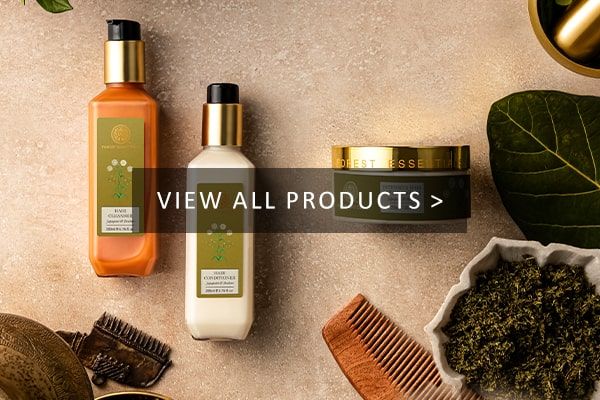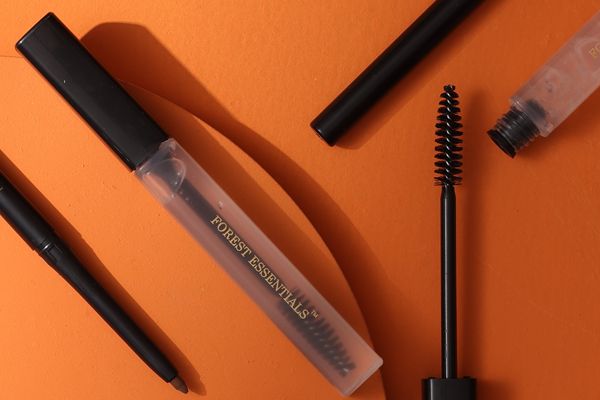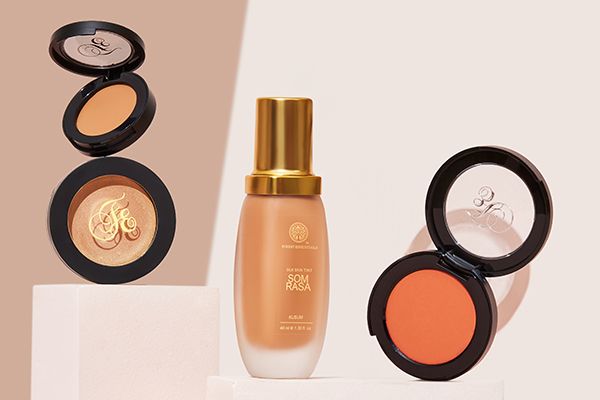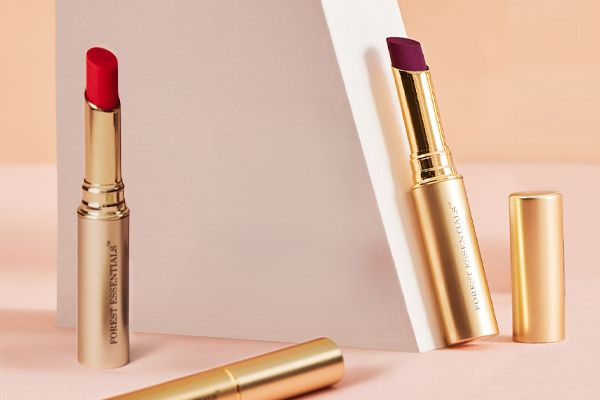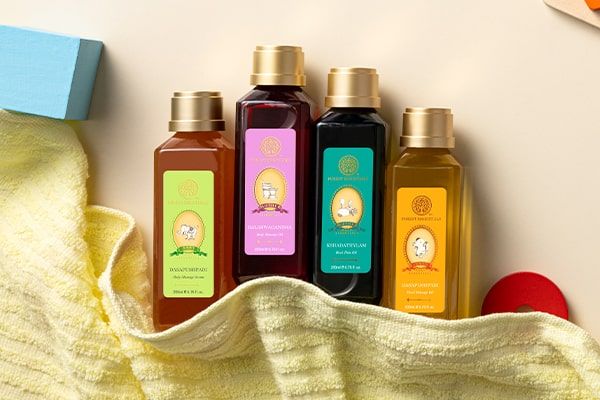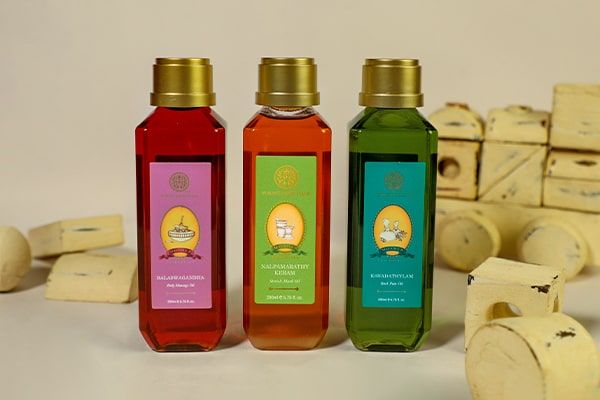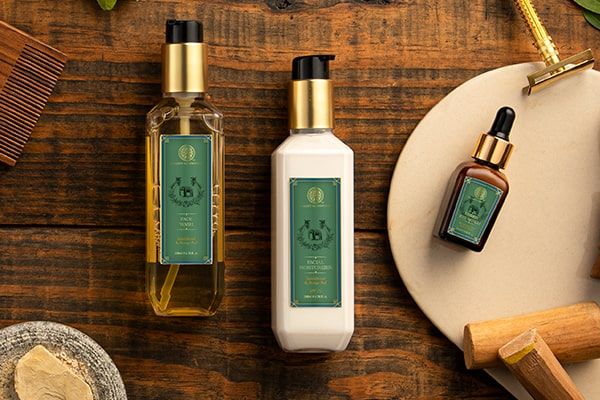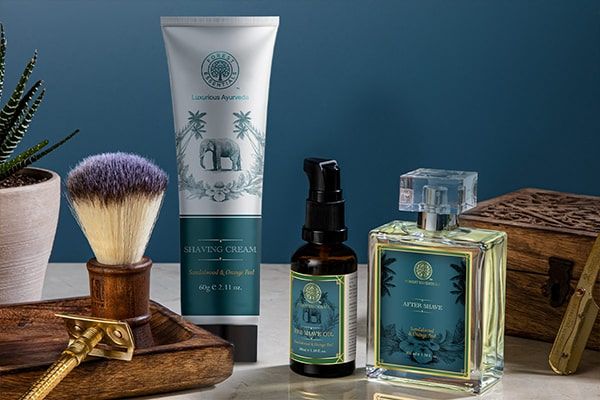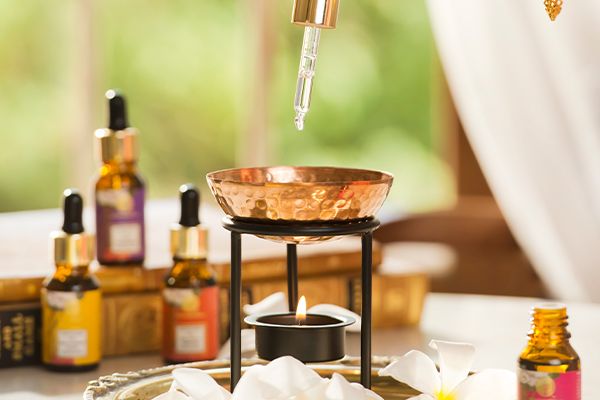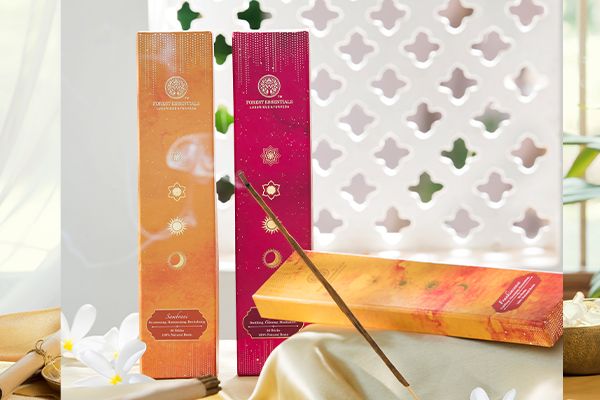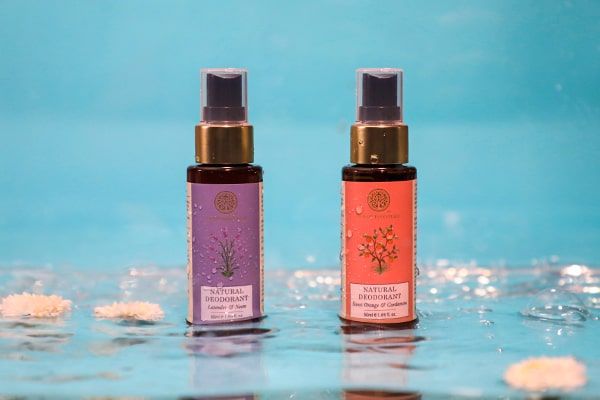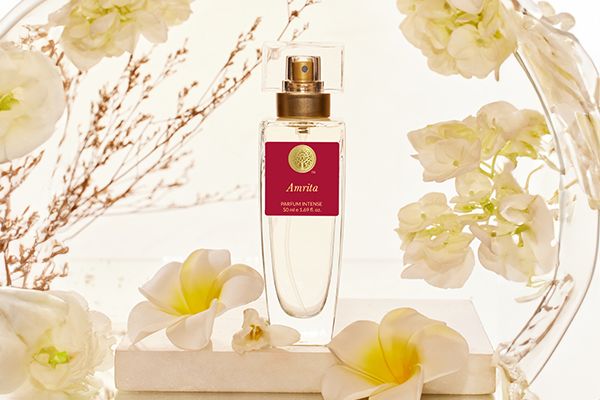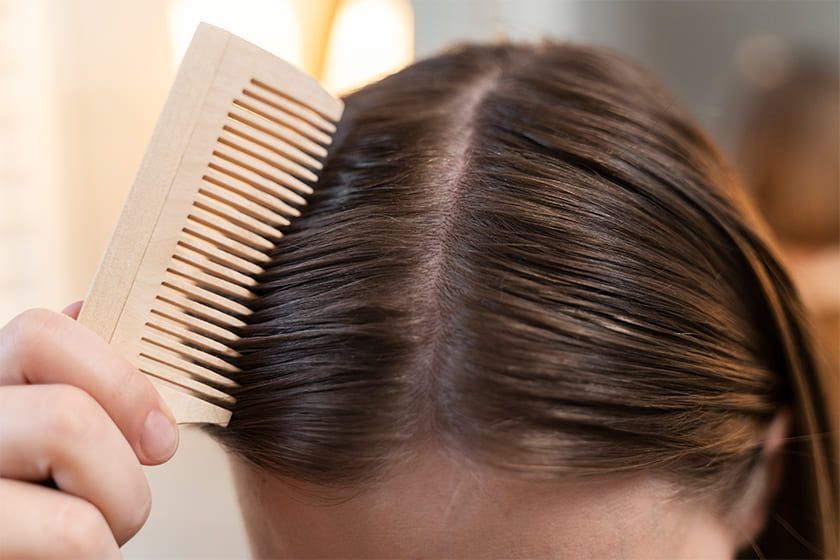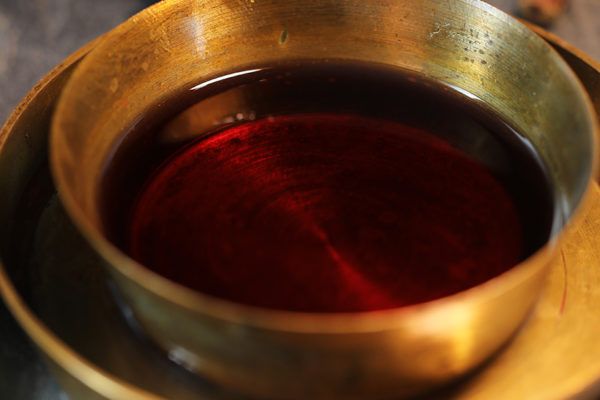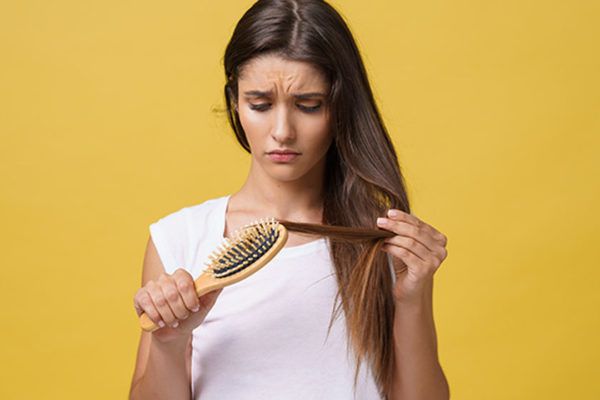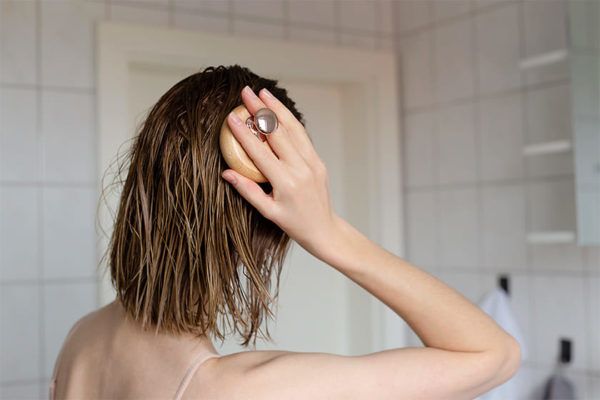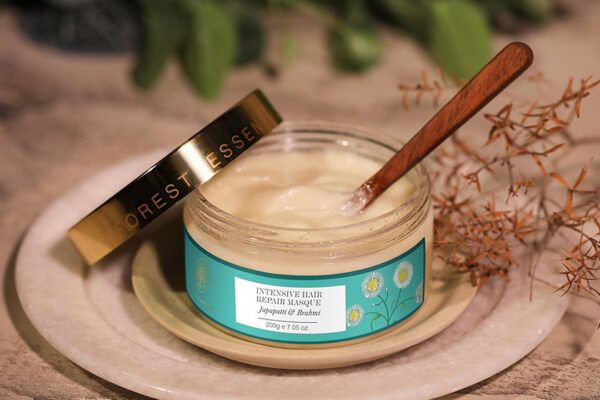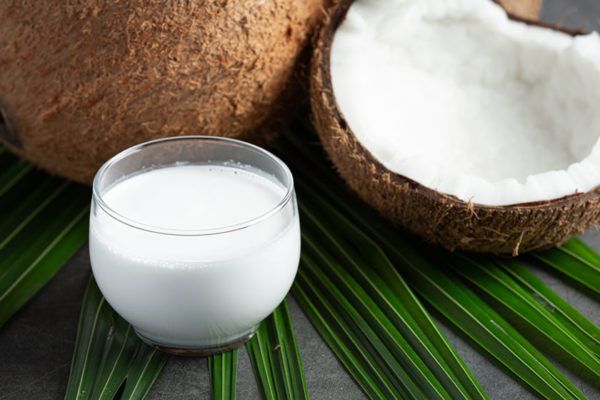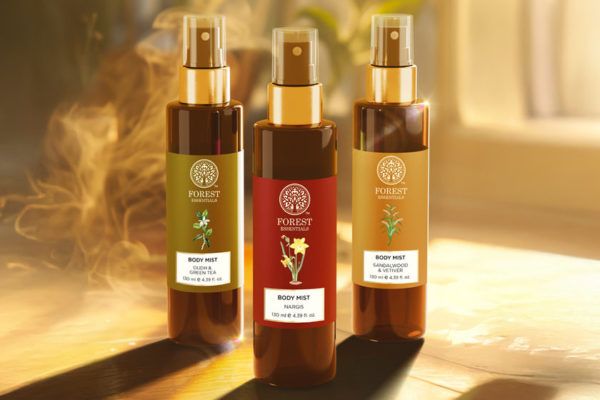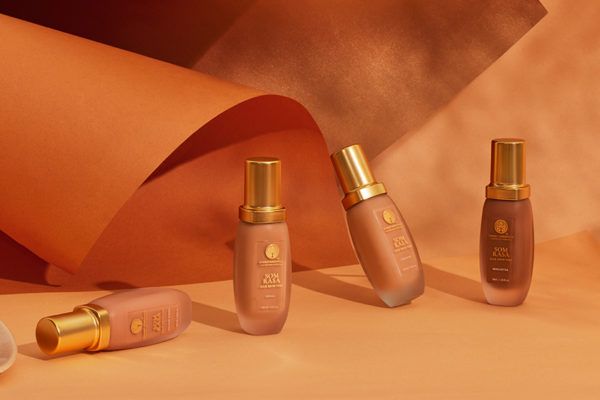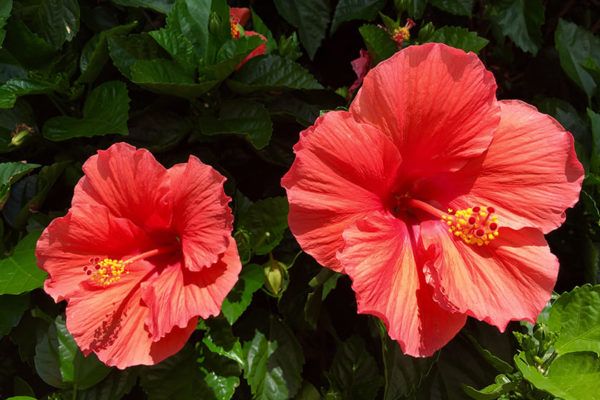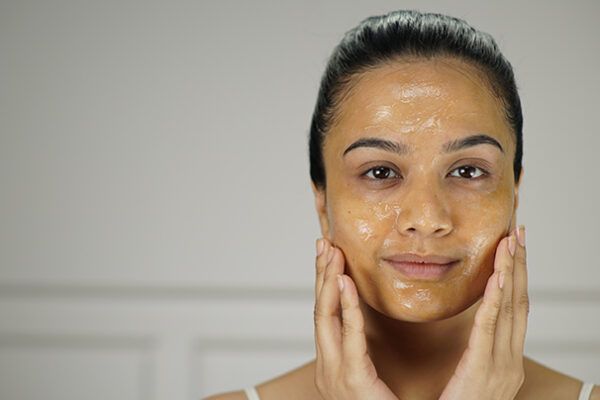You washed your hair just yesterday, yet you can already feel the tell-tale signs of greasiness setting in. As you run your fingers through your strands, you can’t help but notice the slickness, and there are only so many sleek buns or strategic ponytails you can fashion before you yearn for a solution.
If the above scenario is something you relate to, then this blog is for you. In this guide, we will dive into the reasons behind oily hair, discuss various treatments available, and explore simple home remedies that may help alleviate this common concern.
What Causes Greasy Hair?
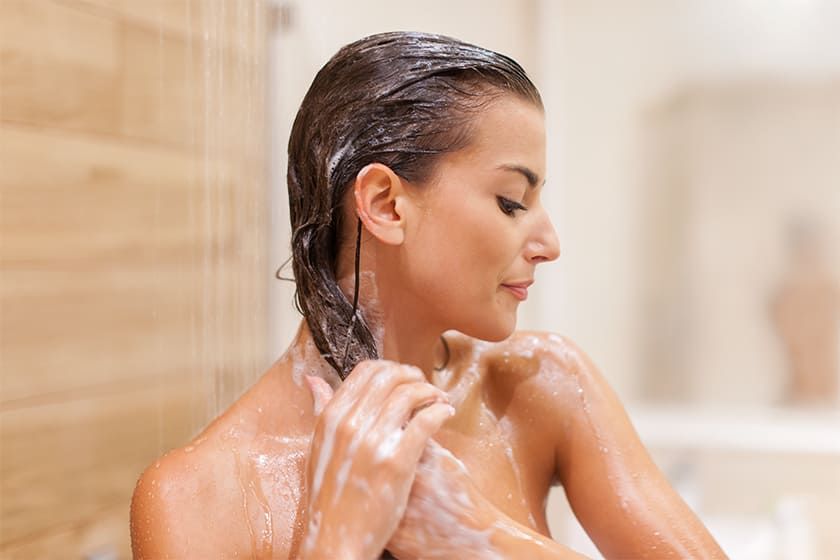
Before delving into remedies, it is essential to grasp the underlying causes of greasy or oily hair.
Our scalp naturally produces oils, known as sebum, to moisturise and safeguard the hair. However, when the sebaceous glands overproduce sebum, it can lead to the manifestation of greasy or oily hair. Several factors contribute to this imbalance:
Genetics
Genetics can play a significant role in determining the oiliness of one’s scalp. It is not uncommon for individuals to inherit certain genetic predispositions that make their scalps more prone to producing excessive sebum. This genetic tendency towards oily hair can be passed down through family lines.
Inherited factors can influence various aspects of scalp health, including the size and activity of the sebaceous glands responsible for producing sebum. Individuals with a family history of oily hair may find themselves more susceptible to experiencing greasiness, even with regular washing and hair care routines.
Hormonal Changes
Hormones play a crucial role in regulating various bodily functions, including sebum production in the scalp. Throughout life, individuals experience hormonal fluctuations during key stages such as puberty, pregnancy, and menstruation.
During puberty, the body undergoes significant hormonal changes as it matures. This hormonal surge can stimulate the sebaceous glands to produce more sebum, leading to oily hair. Similarly, hormonal fluctuations during pregnancy can influence sebum production. While some pregnant individuals may notice an improvement in their hair texture, others may experience an increase in greasiness.
Menstruation is another period characterised by hormonal shifts, particularly changes in oestrogen and progesterone levels. These fluctuations can impact sebum production, resulting in greasy hair for some individuals during certain phases of their menstrual cycle.
Over-washing or Under-washing
Both excessive and inadequate washing of the hair can exacerbate greasiness. Over-washing, where hair is washed too frequently, can strip the scalp of its natural oils. This depletion prompts the sebaceous glands to go into overdrive, producing more sebum to compensate for the loss. Consequently, the scalp becomes even oilier, perpetuating the cycle of greasiness.
Conversely, under-washing, or infrequent washing of the hair, can also contribute to greasiness. When hair is not cleansed regularly, oils and product residue accumulate on the scalp and hair strands. This build-up not only creates an environment conducive to bacterial growth but also weighs down the hair, making it appear greasier. Moreover, the accumulation of oils and debris can clog the pores, further hindering the natural balance of sebum production and exacerbating greasiness.
Styling Products
It is worth noting that specific hair care products, particularly those with heavy formulations like conditioners or styling gels, can significantly contribute to the exacerbation of greasy hair. These products often contain ingredients that can weigh down the strands, making the hair appear limp and oily. Furthermore, frequent use of styling products without proper cleansing can lead to product build-up, further aggravating greasy hair.
Dietary Factors
Foods high in unhealthy fats, such as fried foods, processed snacks, and greasy fast food, can potentially stimulate the body’s production of sebum. This excess sebum can then contribute to an oilier scalp and hair. Additionally, foods with a high glycemic index, such as sugary treats and refined carbohydrates, may also influence sebum production and exacerbate greasiness.
However, it is essential to note that the relationship between diet and oily hair is complex and multifaceted. While certain dietary factors may contribute to greasiness in some individuals, others may not experience the same effects.
Treatment Options for Greasy Hair
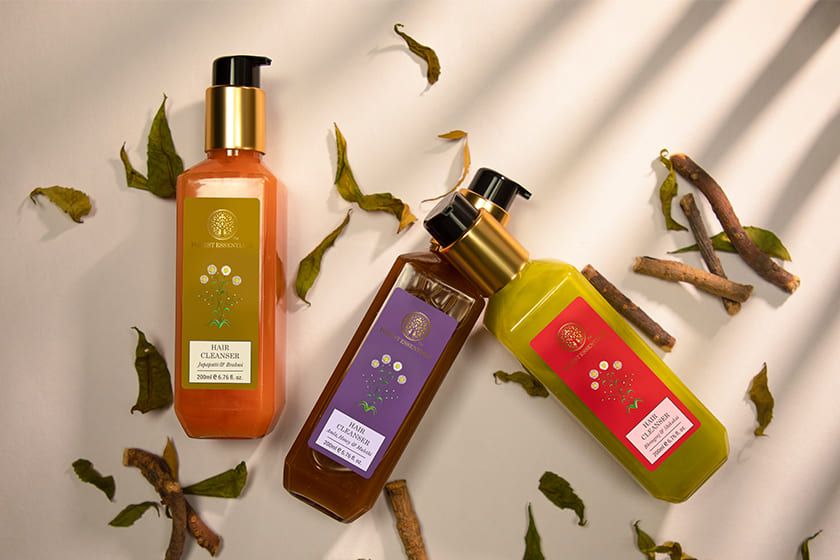
Clarifying Shampoo
Introducing a clarifying shampoo into your hair care regimen can be highly beneficial in combating oily hair. These shampoos are formulated to effectively remove excess oil, product build-up, and impurities from the scalp and hair strands.
When selecting an oily hair shampoo, it is essential to choose products labelled as sulphate-free, as sulphate can be harsh and drying, particularly for those with oily or sensitive scalps. Instead, opt for gentle yet effective formulations like our Forest Essentials Hair Cleansers to cleanse the scalp without stripping away its natural oils.
Scalp Treatments
For targeted relief from greasy hair, scalp treatments containing ingredients like salicylic acid or tea tree oil can be highly effective. These treatments can be applied directly to the scalp before shampooing.
Salicylic acid gently exfoliates the scalp, unclogging pores and reducing excess oil production, while also soothing any inflammation. Tea tree oil, with its antimicrobial properties, cleanses the scalp, eliminating bacteria and fungi that contribute to greasiness.
Incorporating these treatments once or twice a week can help regulate sebum production and promote a healthier scalp, alleviating oiliness.
A Balanced Washing Frequency
Achieving the right balance in your haircare routine is key to managing greasy hair effectively. It is recommended to wash your hair every other day or as required, considering your hair type and level of activity.
For those with oily hair, washing too frequently can strip the scalp of its natural oils, prompting it to produce even more sebum to compensate, leading to greasiness. Conversely, washing too infrequently can allow oils and product build-up to accumulate on the scalp, exacerbating the problem. By striking a balance and adjusting your washing frequency accordingly, you can maintain a clean scalp without overstimulating sebum production.
Avoid Over-conditioning
When dealing with oily hair, it is essential to be mindful of how you apply conditioner. Instead of applying it all over, focus on the mid-lengths to ends of your hair, avoiding the scalp area where natural oils tend to accumulate. This targeted application helps to nourish and hydrate the lengths of your hair without adding excess moisture to your scalp.
Furthermore, opt for lightweight, oil-free conditioners specifically formulated for oily hair types. These conditioners are designed to provide hydration and manageability to your hair without weighing it down or exacerbating greasiness. Look for products labelled as oil-free or suitable for oily hair to ensure they will not contribute to excess oil build-up on your scalp.
In severe cases of greasy hair, it is advisable to consult a dermatologist or trichologist for professional advice.
Home Remedies for Greasy Hair
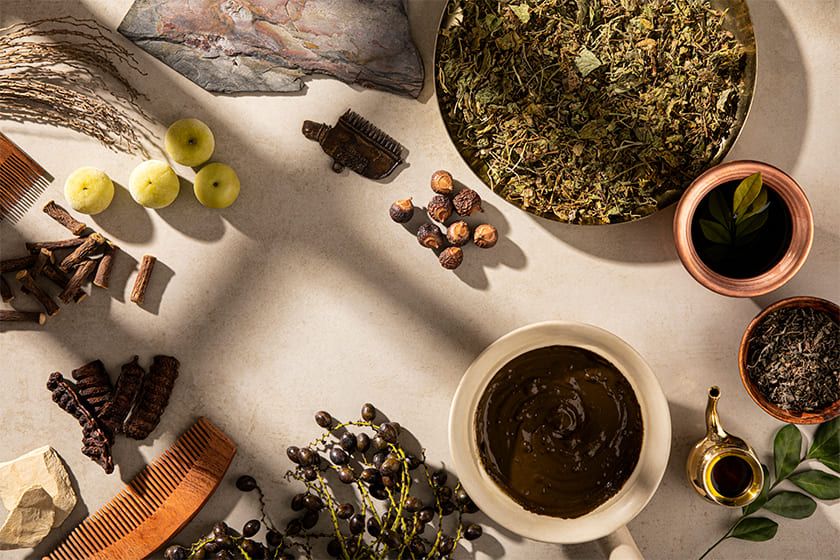
Triphala Hair Pack
Triphala, a blend of three Ayurvedic fruits—Amalaki, Bibhitaki, and Haritaki—is a potent oil hair remedy for detoxifying the scalp. Triphala helps regulate sebum production and promotes scalp health.
Mix Triphala powder with water to form a paste and apply it to your scalp and hair. Leave it on for 30-45 minutes before rinsing thoroughly.
Aloe Vera Hair Mask
Aloe Vera possesses antibacterial properties and helps to soothe and balance the scalp. Apply organic Aloe Vera gel directly to your scalp and hair, massaging gently. Leave it on for 15-20 minutes before rinsing thoroughly with water. Repeat this remedy once or twice a week for the best results.
Green Tea Hair Spray
Green tea contains antioxidants and tannins that help regulate oil production and soothe the scalp. Brew a strong cup of green tea, allow it to cool, then pour it over your hair as a final rinse after shampooing or pour it in a spray bottle to use on the scalp. Leave it on for a few minutes before rinsing with water.
Natural Shikakai Shampoo
Shikakai and Reetha have been used for centuries in Ayurveda as natural hair cleansers for the hair. Make a decoction by boiling Shikakai and Reetha pods in water until the water reduces to half its volume. Let it cool, strain the liquid, and use it as a shampoo alternative to cleanse your scalp and hair. This herbal cleanser removes excess oil without stripping the scalp’s natural oils. You can also get your hands on the Forest Essentials Bhringaraj and Shikakai shampoo to get a natural alternative to your shampoo for regular use.
Natural Dry Shampoo
Dry shampoos are known to reduce oily scalp and give fuller and voluminous hair. However, research has suggested that there are multiple side effects on prolonged usage. You can make your own natural dry powder by sprinkling some cornstarch powder or baby powder on your scalp when you do not wish to wash your hair. It instantly absorbs the excess oil and makes your hair feel fresh and less greasy.
Conclusion
Greasy hair can be a frustrating and confidence-diminishing challenge, but with the proper understanding and remedies, it can be overcome. By addressing the root causes, adopting appropriate treatments, and incorporating simple home remedies into your routine, you can effectively manage greasy hair and enjoy healthier, more balanced locks. Remember, consistency and patience are key to combating greasiness and embracing hair that feels fresh and clean.
FAQs
How to get rid of greasy hair?
A balanced diet, moderate exercise, and a good hair care regime help eliminate greasy hair.
Is hair oil good for oily hair?
Hair oiling is important to nourish the scalp to balance the sebum secretion. At times, the scalp may look oily but feel itchy and dehydrated; hence, hair oil application is important to nourish and target specific hair concerns. It is better to keep the oil only for 30-45 minutes and then gently wash it with a mild shampoo. Avoid hair oils if you have an excessively oily scalp with dandruff concerns.
Can oily hair cause hair loss?
Yes. Oily hair can have weak hair roots, leading to severe hair fall. Lack of nutrition, deficiency of essential vitamins, and concerns like itchy and unhygienic scalp may lead to weaker hair follicles, causing hair fall.
Can we apply onion juice on oily hair?
You can apply freshly squeezed onion juice on the scalp. However, it cannot be termed an effective oily hair treatment. Onion juice is known to prevent hair loss and strengthen hair follicles, but it doesn’t work directly on balancing the sebum production of oily hair.
Can henna be applied on oily hair?
Henna can be applied to all hair types. It is prominently used to dye hair naturally and not to treat greasiness. You can use henna with oils and nourishing ingredients; however, henna is not commonly applied on the scalp.
References
https://www.vogue.co.uk/article/greasy-hair-tips
https://www.vogue.in/content/best-remedies-for-a-greasy-scalp-dermatologist-tips
https://www.glamourmagazine.co.uk/article/how-to-stop-greasy-hair-hacks




